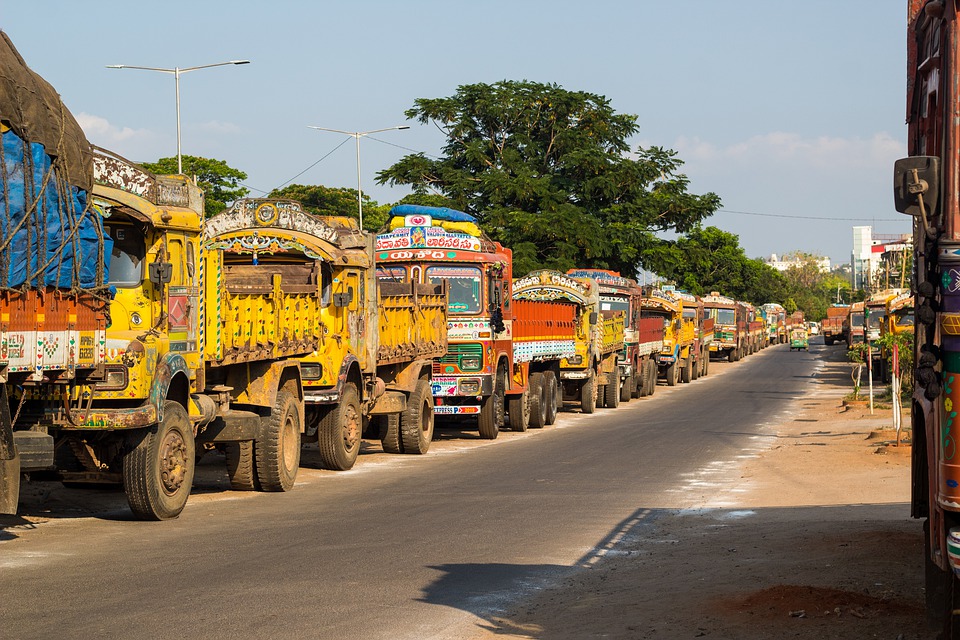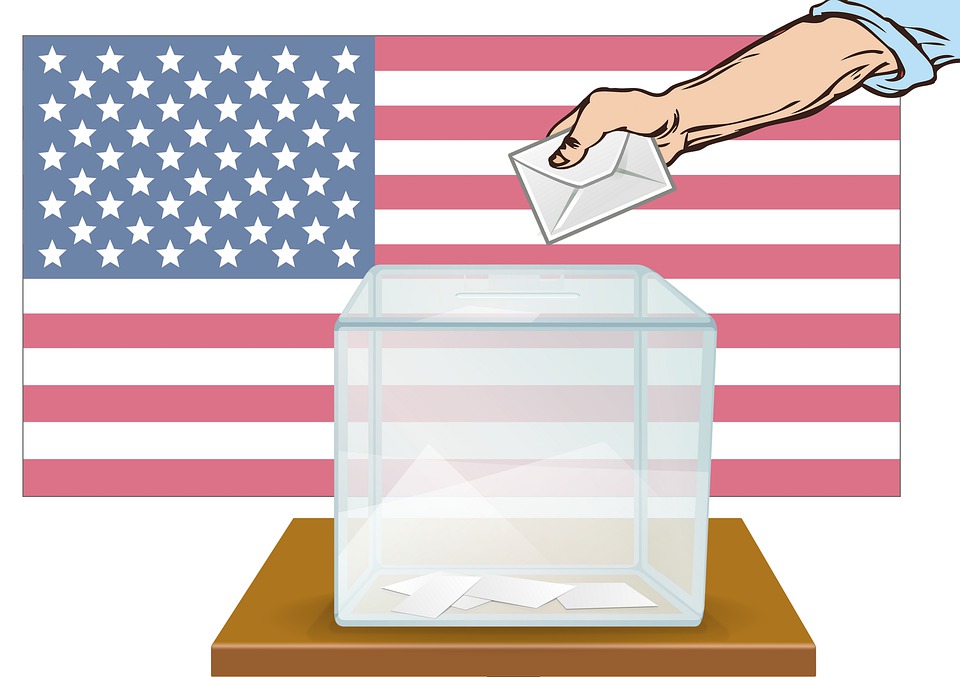Improve Your IQ, Subscribe to Suvipra’s Newsletter
We all know that not everything is well in the telecom industry of India. First it was the entry of Reliance Jio in the Indian telecommunication sector that substantially brought down prices of data. Not long ago, Indian consumers were paying hefty charges for data and calls. Airtel, Idea and Vodafone, the top three service providers of those times were enjoying both profitability and sustainability in their businesses. As Mukesh Ambani-led Reliance Jio had deep pockets to acquire the market, the company came out with lucrative offers and gave away data and calls at literally no charges. When charges were subsequently introduced by Jio, they were ultra-affordable and other service providers were left with no other option than to lower their own tariffs.
In fact, almost every other telecom business has shut shops, except Airtel, Idea and Vodafone. In order to survive the mayhem unleashed by Jio in acquiring customers, Idea and Vodafone joined forces and in the present, the country is left with only three prominent service providers- Reliance Jio, Airtel and Vodafone Idea.
There is, however, another news in the industry about the Adjusted Gross Revenue (AGR) thing and this has one again brought an atmosphere of fear of closure of business for Airtel and Vodafone Idea. Both the telecoms have expressed doubt in the continuity of their businesses at a time when profit margins have thinned and the Supreme Court ruling has favoured the government with respect to AGR. But what is AGR and how is it impacting the sector. Let’s know.
The AGR Dispute
The dispute is regarding the definition of adjusted gross revenue. Telecom companies pay licence fee and spectrum usage charges to the government. These charges depend on the revenue of companies. In simple terms, if a company has earned more revenue, the licence fee and spectrum usage charges payable to government will also be more and vice versa. It is, therefore, the calculation of revenue that lies at the heart of the dispute. While the telecom companies say that revenue from telecom services alone including calls and data must form the basis for calculating revenue sharing with the government, the Department of Telecom says that AGR must include all core and non-core revenue, including interest on deposit, sale of assets and other non-core activities.
For example, if Airtel is offering over-the-top services such as music and video streaming and is earning revenue on these offerings, DoT says that such revenue should also be included in AGR. Next, if Airtel has some money deposited in a bank and the company is earning interest on that money, it should go into calculating AGR. Now since licence fee and spectrum usage charges payable by telecoms to government are a percentage of AGR, more the AGR, more is the government revenue, which in turn leaves less money with companies.
Does It Have Severe Implications?
Yes. As per an estimate, telecom companies owe INR 1.5 lakh crore to the government after the Supreme Court accepted the definition of AGR as claimed by the Department of Telecom. Airtel and Vodafone Idea are the most impacted players since other companies are already out of business and most of their business has been purchased by either of the two. And since the charges include arrears from more than a decade ago, Reliance Jio hasn’t been impacted as it has recently joined the industry. The arrears have become this massive since telecom companies had won the battle in TDSAT, the appellate tribunal for telecom industry disputes and had been sharing revenue according to their own definition of AGR.
What Next?
The government is adamant at recovering dues from telecom companies, however, they have not shown any hurry to this day as they know that the telecom sector is already under stress and any urgent demand notice can break the backs of businesses. A large number of Indians are employed in the sector and the shutting down of business by any player can come at a very high cost both for the society and economy. On the other hand, companies have filed a review petition in the Supreme Court as their last-ditch attempt. All telecom companies have recently increased the tariffs for customers and only time will tell what becomes of the industry in the year 2020.
Also read: Jobs of Future’ – From India’s Perspective
Suvipra aggregates essential blogs in one place for enhancing general awareness and intellect of the readers. Read to Succeed.
Reach a wider audience for free!
To get your blog published on Suvipra.com, click Submit Your Blog
Increase the number of clicks to your own website for free!
To submit the link to the blog on your website, click Submit your Blog Link


























